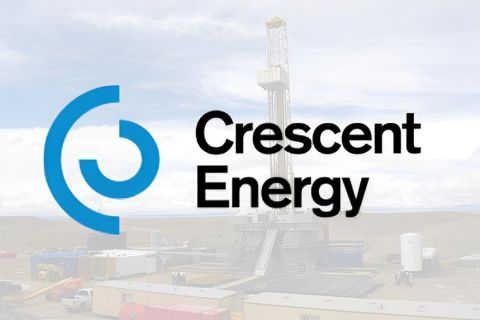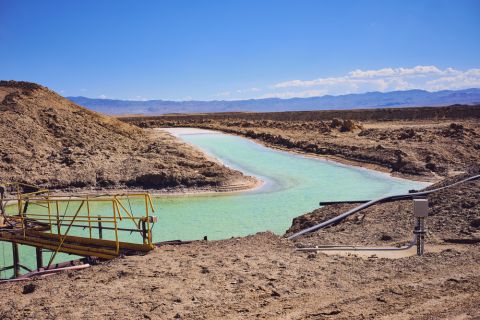U.S. President Joe Biden will announce a plan on Oct. 18 to sell off the last portion of his release from the nation’s emergency oil reserve by year’s end, and detail a strategy to refill the stockpile when prices drop, a senior administration official said.
The plan is intended to add enough supply to prevent oil price spikes that could hurt consumers and businesses, while also assuring the nation’s drillers the government will swoop into the market as a buyer if prices plunge too low.
Biden’s efforts to use federal powers to balance the U.S. oil market underscores just how much the conflict in Ukraine and rampant inflation has reshaped a president who came into office vowing to undo the oil industry and move the country swiftly to a fossil-fuel free future.
It also shows the administration desire to keep inflation in check ahead of the mid-term election in November, in which Biden’s fellow Democrats hope to retain control of Congress.
Earlier this year, Biden decided to sell 180 million barrels out of the Strategic Petroleum Reserve (SPR) to combat a potential supply crisis brought about by sanctions on oil-rich Russia following its invasion of Ukraine.
While the initial plan was to end those sales in November, purchases were slower than expected over the summer and some 15 million barrels remain unsold.
Those will be put up for bidding for delivery in December, the senior administration official said, and extra oil could also be made available if needed.
“If the conditions require, then we'll be prepared,” the senior administration official said.
Biden will also lay out a plan to refill the emergency reserve in the upcoming years, but only at prices at or below a range of $67/bbl to $72/bbl for WTI, the U.S. oil benchmark, the official said. Biden’s hope is to send a signal to both consumer and producers.
“He is calling on the private sector in the United States to do two things. One is take this signal and increase production, increase the investment, and number two is to make sure that as they are taking these profits, as they are benefiting from these markets, that they are continuing to give the consumer the appropriate price,” the official said.
In recent weeks, the oil industry has grown increasingly concerned the administration might take the drastic step of banning or limiting exports of gasoline or diesel to help build back sagging U.S. inventories. They have called on the administration to take the option off the table, a move officials are unwilling to do.
“We are keeping all tools on the table, you know, anything that could potentially help ensure stable domestic supply,” the official said.
Recommended Reading
Some Payne, But Mostly Gain for H&P in Q4 2023
2024-01-31 - Helmerich & Payne’s revenue grew internationally and in North America but declined in the Gulf of Mexico compared to the previous quarter.
Uinta Basin: 50% More Oil for Twice the Proppant
2024-03-06 - The higher-intensity completions are costing an average of 35% fewer dollars spent per barrel of oil equivalent of output, Crescent Energy told investors and analysts on March 5.
In Shooting for the Stars, Kosmos’ Production Soars
2024-02-28 - Kosmos Energy’s fourth quarter continued the operational success seen in its third quarter earnings 2023 report.
M4E Lithium Closes Funding for Brazilian Lithium Exploration
2024-03-15 - M4E’s financing package includes an equity investment, a royalty purchase and an option for a strategic offtake agreement.
California Resources Corp. Nominates Christian Kendall to Board of Directors
2024-03-21 - California Resources Corp. has nominated Christian Kendall, former president and CEO of Denbury, to serve on its board.





